Realm of Dungeons and Dragons
Welcome to the fascinating realm of Dungeons and Dragons, where imagination knows no bounds and brave adventurers embark on epic quests in a world of magic and monsters. If you’ve ever been curious about this legendary tabletop role-playing game, you’re in for an exciting journey into a realm where heroes are born.
Picture this: it’s a moonlit night in a medieval tavern filled with laughter, the clinking of tankards, and the hum of anticipation. A group of friends gather around a table adorned with maps, dice, and character sheets. As one player narrates their heroic tale – battling dragons, deciphering ancient riddles, or forging alliances with mystical beings – the others lean forward in eager anticipation.
Dungeons and Dragons (or D&D as it is affectionately called) is not just a game; it’s an immersive experience that brings stories to life. Developed by Gary Gygax and Dave Arneson back in 1974, this unique blend of storytelling, strategic thinking, and chance has captivated generations of adventurers.
At its core, D&D is about collaborative storytelling. You create your own character – be it a courageous knight clad in shining armor or an enigmatic sorcerer harnessing arcane powers – then venture forth into uncharted territories alongside fellow players guided by a dungeon master (a.k.a. game referee).
The beauty lies in the limitless possibilities within the game world. You can explore ancient ruins haunted by restless spirits or engage in political intrigue at royal courts teeming with treachery. Each decision you make shapes your destiny as your character grows stronger through victories or learns valuable lessons from defeat.
D&D offers more than just entertainment; it fosters creativity by encouraging players to think outside the box and come up with inventive solutions to challenges presented by the dungeon master. It hones problem-solving skills that can be applied not only within gameplay but also beyond these imaginary realms.
So let go of any preconceived notions you may have heard. In the upcoming sections, we’ll unravel the myths and shed light on the realities of this beloved game. We’ll explore both the benefits it offers and discuss how to manage any potential risks as we dive deeper into this captivating world of Dungeons and Dragons. Prepare to embark on an unforgettable adventure!
Debunking the Misconceptions: Separating Myth from Reality
Let’s set the record straight – it’s time to debunk the misconceptions surrounding Dungeons and Dragons and separate myth from reality. You may have heard whispers of dark rituals, dangerous obsessions, or even claims that playing D&D leads to satanic worship (gasp!). Well, fear not, intrepid readers, because we’re here to dispel these misunderstandings and shed light on what really happens at the gaming table.
First and foremost, let’s address the elephant in the room: D&D is just a game. Yes, it involves fantastical elements like mythical creatures and magical powers, but that doesn’t mean players are summoning demons or delving into occult practices. It’s all about collaborative storytelling within a carefully constructed framework.
Contrary to popular belief, playing D&D does not require sacrificing social interactions or daylight hours locked in a dungeon (unless you’re exploring one in-game). In fact, this game thrives on bringing people together – friends gather around a table (or virtually connect) for hours of shared laughter and adventure. It strengthens bonds through teamwork and cooperation as players strategize together to overcome challenges.
Now let’s address another concern: Does playing D&D rot your brain? Absolutely not! In fact, it flexes mental muscles in ways you might not expect. As players navigate intricate plotlines, they exercise critical thinking skills by assessing risks and making calculated decisions. Creativity flourishes as they imagine vivid landscapes filled with colorful characters; problem-solving becomes second nature as they navigate complex puzzles designed by their dungeon master.
One of the greatest benefits of Dungeons and Dragons is its ability to build confidence. Through acting out their characters’ actions and speaking in different voices (if they feel like unleashing their inner Thespian), players develop public speaking skills while gaining newfound self-assurance.
So there you have it – typical notions about the danger associated with Dungeons and Dragons couldn’t be further from the truth. With the right group, a healthy balance of playtime, and an understanding of its true nature as a creative outlet, D&D can provide endless hours of imaginative fun without any harm. In fact, it might just be the gateway to unforgettable adventures and lasting friendships.
Understanding the Benefits of Dungeons and Dragons
Are you ready to uncover the hidden treasures that come with playing Dungeons and Dragons? Buckle up, adventurers, as we embark on a journey through the myriad of benefits that await those who delve into this enchanting tabletop role-playing game.
One significant advantage of playing D&D is the opportunity for personal growth and development. As you create and inhabit your character’s shoes, you’ll find yourself stepping outside your comfort zone. Whether it’s making bold decisions, negotiating with cunning NPCs (non-player characters), or improvising solutions on the fly, each session presents a chance to sharpen your communication and interpersonal skills.
Beyond social interaction, D&D can also kindle a spark of creativity within you. As players collaborate on storytelling and world-building, they become co-creators in an immersive narrative. Crafting compelling backstories for their characters or devising intricate plot twists exercises those imaginative muscles while fostering storytelling prowess – qualities that extend far beyond the gaming table.
Moreover, Dungeons and Dragons cultivates problem-solving abilities like nobody’s business. Facing challenges both cerebral and physical unleashes strategic thinking as players analyze situations from multiple angles to find innovative solutions. Unraveling mysteries, decoding ancient scripts, or even outwitting fearsome adversaries require resourcefulness – skills directly transferable to real-world scenarios.
Let’s not forget about stress relief! When life gets tough – work deadlines loom large or school pressures mount – sliding into the fantasy realm of D&D can provide much-needed escapism. It offers respite from reality by whisking us away to realms where adventures await around every corner.
Finally (and this one may seem obvious), D&D is plain ol’ FUN! Laughter ripples through game sessions: at amusing banter between characters; unexpected botched dice rolls; epic moments of triumph born out of sheer luck. The joy derived from shared experiences creates lasting memories that forge friendships as sturdy as dwarven armor.
In conclusion, Dungeons and Dragons brings a myriad of benefits to the table – personal growth, bolstered creativity, critical thinking prowess, stress relief, and friendships that span realms. As you continue to explore this captivating game, may you uncover even more treasures both within yourself and in the company of your fellow adventurers.
Managing Potential Risks in Dungeons and Dragons
While Dungeons and Dragons may be full of thrilling adventures, it’s essential to address how to proactively manage any potential risks that could arise during gameplay. By taking a thoughtful and responsible approach, players can ensure a safe and enjoyable experience where the only danger lies within the realms of imagination.
First and foremost, communication is key. Openly discussing boundaries, comfort levels, and expectations with your gaming group sets the groundwork for a positive experience. Establishing clear lines of communication allows everyone to feel heard and respected – ensuring that gameplay remains inclusive and enjoyable for all.
Another aspect to consider is setting realistic time limits. We all know how engrossing D&D can be – hours fly by as you navigate treacherous dungeons or engage in epic battles against formidable foes. However, striking a balance between immersion in the game world and mindful time management helps prevent exhaustion or neglecting other responsibilities.
Maintaining physical well-being during lengthy gaming sessions is crucial too. Remember to take regular breaks for stretches, snacks (because adventurers need sustenance), hydration (potions optional), and rest (even heroes need their beauty sleep). Don’t forget to protect those peepers from strain by giving your eyes periodic screen-free moments!
During gameplay, it’s vital to respect each player’s emotional well-being. Be mindful of sensitive topics or triggers; ensure everyone feels comfortable participating without undue stress or discomfort. Prioritize inclusivity by fostering an environment that celebrates diversity – embracing players’ different backgrounds, identities, and opinions – creating a genuinely enriching experience for all involved.
Lastly (but certainly not least), don’t lose sight of having fun together! Laughter truly makes even the most challenging encounters more bearable – so keep those spirits high as you embark on imaginative quests with fellow adventurers!
By implementing these measures – open communication channels within your gaming group, and respecting personal boundaries while maintaining physical and emotional well-being – you can confidently navigate any potential risks that might arise. With prudence and care, your Dungeons and Dragons sessions will continue to be a source of joy, laughter, and excitement for all those involved.
Promoting Player Safety and Well-being
Ensuring the safety and well-being of players is paramount when engaging in the immersive world of Dungeons and Dragons. By prioritizing a supportive and inclusive environment, we can create an atmosphere where every adventurer feels secure, valued, and able to fully enjoy their gaming experience.
Firstly, establishing a culture of consent is crucial. Encourage an open dialogue among players regarding their boundaries and comfort levels – whether it pertains to intense or sensitive content within the game or interactions at the table. Ensuring that everyone feels safe expressing their preferences fosters trust and a stronger sense of community.
Inclusive language plays a significant role in player safety as well. Strive for sensitivity by avoiding discriminatory jokes or derogatory comments targeting any individual or group – both in-character and out-of-character. Remember, D&D is about cooperative storytelling; let’s weave tales that celebrate diversity rather than perpetuating harmful stereotypes.
As responsible adventurers, we must also be vigilant against exclusionary behavior such as bullying or gatekeeping. Creating a welcoming atmosphere where new players feel encouraged to join fosters growth within the tabletop gaming community. A little bit of kindness can go a long way!
Additionally, stay alert for signs of burnout among fellow players – long campaigns can sometimes lead to fatigue. Encourage breaks when needed, and listen attentively when someone expresses their need for time off or reduced commitments without judgment (after all, even heroes need some downtime).
Last but importantly: hydrate! Okay so maybe it’s not as perilous as slaying dragons, but staying hydrated during those lengthy sessions ensures clear minds and healthy bodies.
By promoting player safety through communication boundaries, inclusive language practices, and welcoming new players with open arms while minding signs of burnout along with self-care routines – we build an environment where everyone can fully immerse themselves into epic adventures while feeling supported throughout their Dungeons & Dragons journey.
Conclusion: The Balance between Fun and Safety in Dungeons and Dragons
In conclusion, our exploration of Dungeons and Dragons has illuminated the truth behind the myths and shed light on the many benefits this beloved tabletop role-playing game offers. We debunked misconceptions, discovering that D&D is not dangerous but rather a source of immense joy and creativity.
Understanding the benefits of Dungeons and Dragons allows us to appreciate its power in personal growth, fostering imagination, problem-solving skills, and confidence. We have also discussed the importance of managing potential risks by prioritizing open communication, setting boundaries, and promoting inclusivity within our gaming groups.
Additionally, we highlighted how player safety and well-being should be at the forefront of every adventure. Creating a supportive environment through consent culture, inclusive language practices, and welcoming new players with open arms while being mindful of burnout all contribute to an enjoyable experience for everyone involved.
As we wrap up this journey into the realms of fantasy and imagination


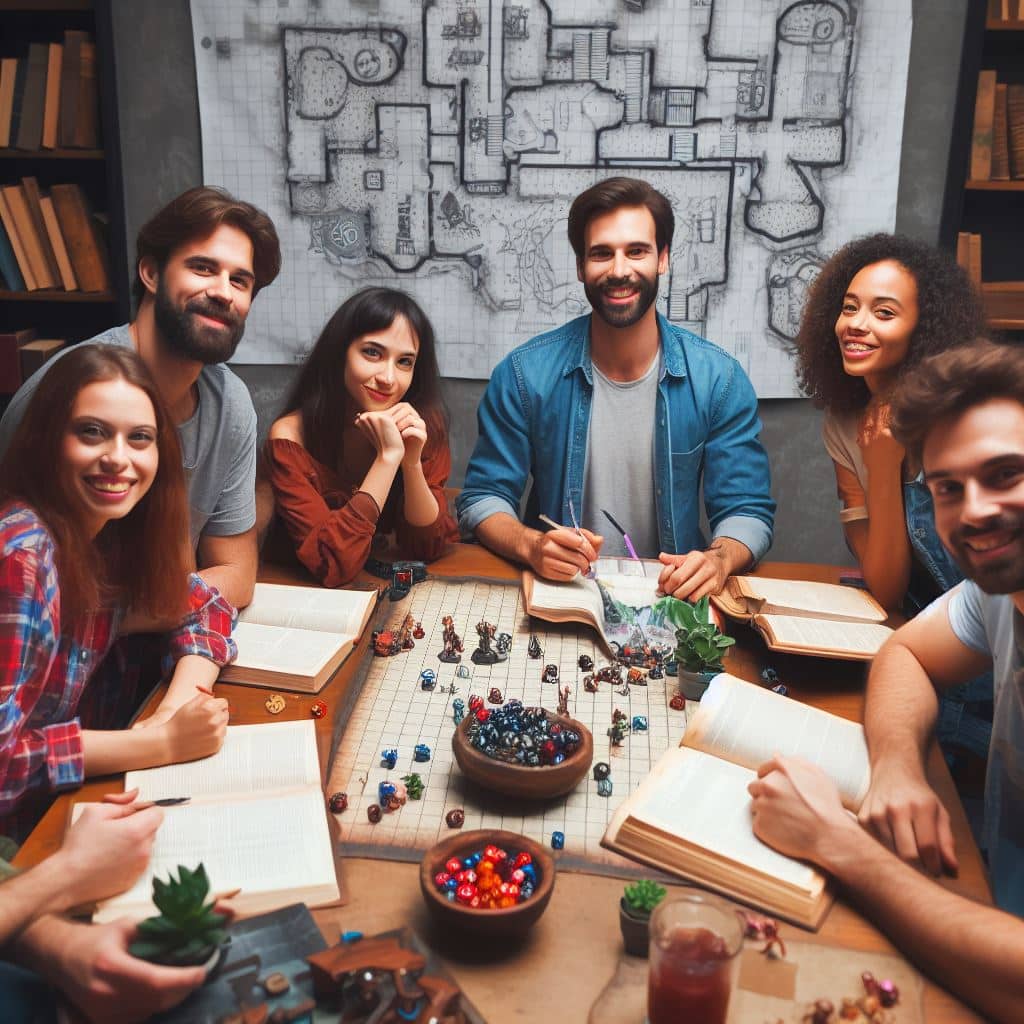
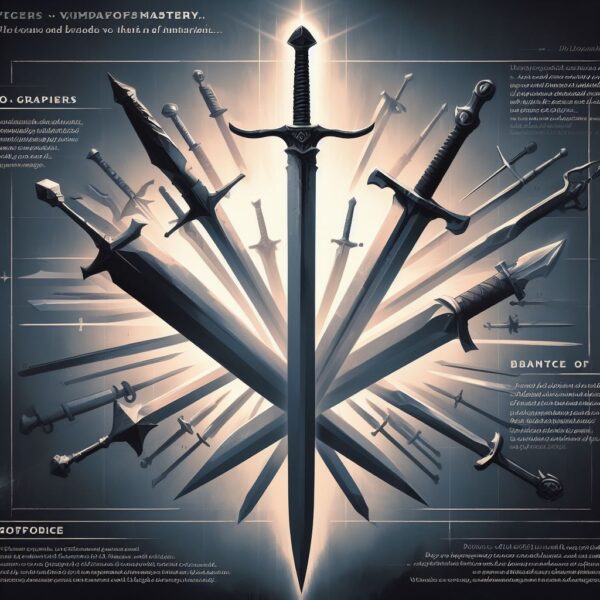
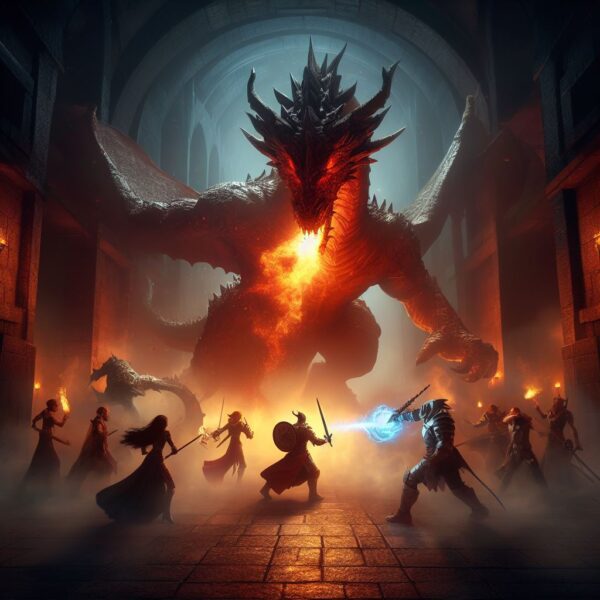
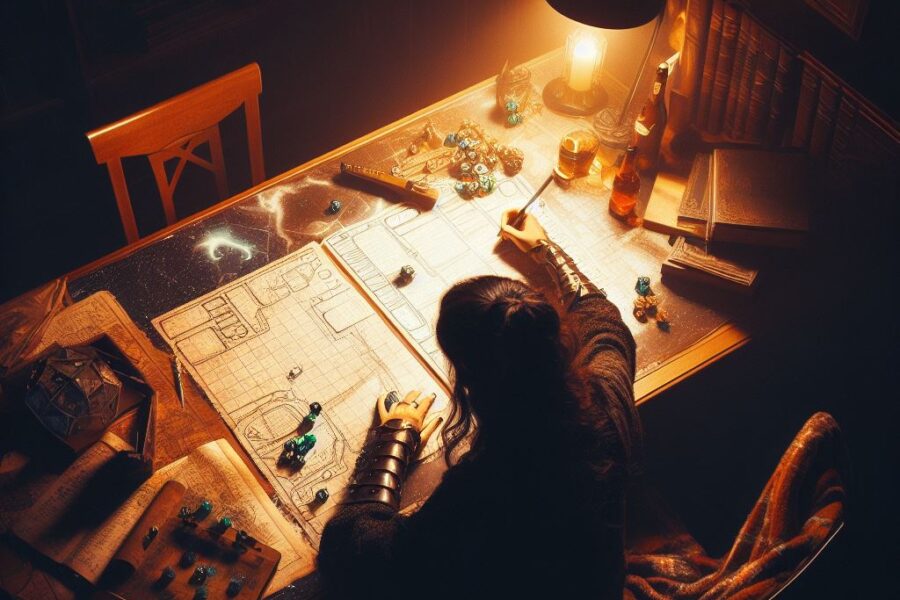
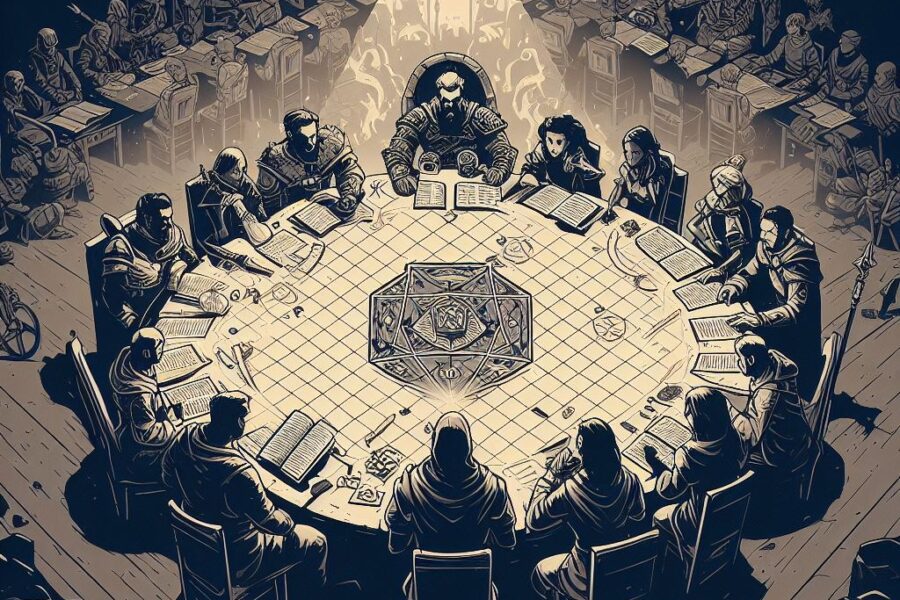
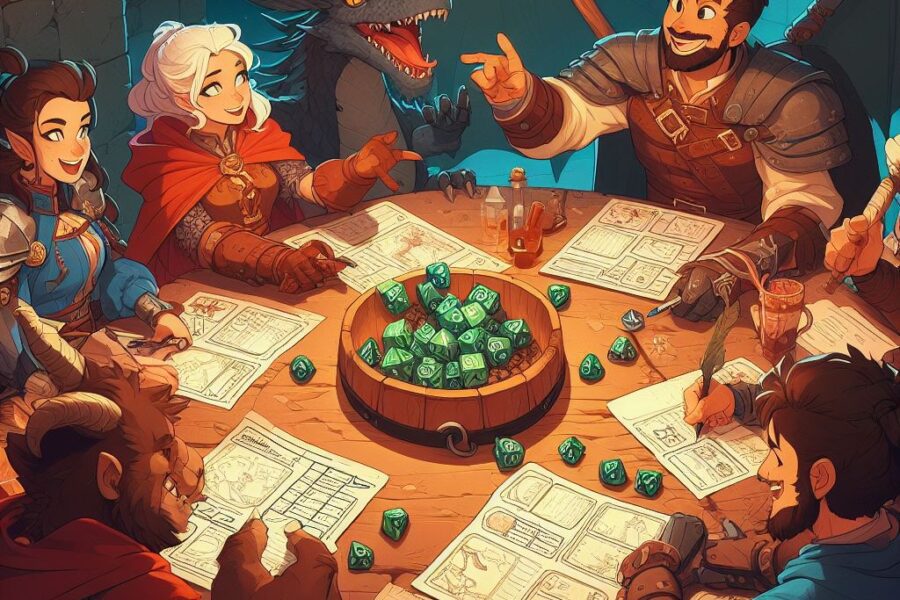

Sign up